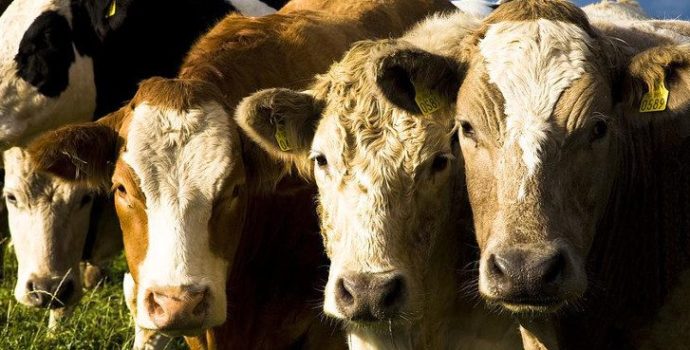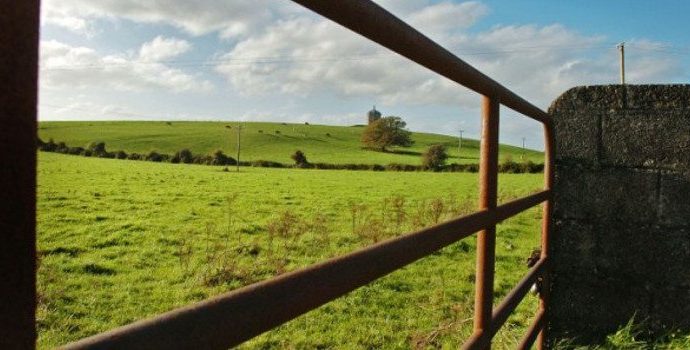IFA Meets Meps to Outline Concerns for the Beef Sector on Trade Deals and Brexit

Speaking at a briefing in the European Parliament in Brussels this evening, IFA National Livestock Chairman Angus Woods said Europe needs to reassess its approach to trade negotiations for agriculture and particularly the vulnerable beef sector in the context of the dramatically changed policy environment as a result of Brexit and other significant policy decisions in the dairy sector.
Angus Woods said Brexit has dramatically changed the policy landscape and the EU Commission must take account of this in existing and future trade deals and negotiations. He said the UK is Ireland’s largest export market, buying 250,000t of quality Irish beef.
The IFA Livestock leader said the abolition of milk quotas last year has resulted in the expansion of the EU dairy herd, which is posing additional challenges for the beef sector. In addition, EU beef consumption has fallen by over 800,000t in the last decade. The EU market cannot absorb large volumes of additional imports as proposed by the Commission in trade deals such as CETA, TTIP and Mercosur.
Angus Woods said trade is important to the Irish beef sector and the European market is critically important. “That’s why we cannot allow trade deals damage our EU market. A free trade policy with world market prices will not work for the European beef sector. Just look at the damage that policy has inflicted on our grain sector.”
He said the cumulative impact on the EU beef market of all bilateral trade agreements must be published and taken into account in the market access negotiations. In addition, the Brexit impact must be analysed and accessed.
On standards, Angus Woods said all EU beef imports must meet the same animal health, welfare, traceability and environmental standards as are required of EU producers. This is not the case today and this must be rectified to bring EU producers and consumers with us. “Production standards in South American countries, such as Brazil, fail to meet EU standards on the key issues of traceability, animal health and welfare controls, the ban on hormone growth promoters and environmental controls.”
He said EU beef, sheep and pig meat must be designated as sensitive products, with any increased market access granted under Tariff Rate Quotas (TRQs) on a fair basis, reflecting the ‘natural fall’ of cuts. In addition, some level of tariffs must be retained on all EU beef imports under any agreed TRQ – there can be no zero tariff quotas.
The IFA Livestock leader said it would make a nonsense of EU climate change policy for Europe to agree a Mercosur deal that displaces sustainable EU beef production with product from South America, which has a much higher carbon footprint.
In conclusion, Angus Woods said the IFA is clear that the EU or Irish Government should not countenance a trade deal with TTIP or Mercosur that would damage farmers and Irish beef exports on the EU market. A Mercosur trade deal would be unequivocally negative for Irish and European agriculture and would particularly damage Ireland’s important beef sector.




